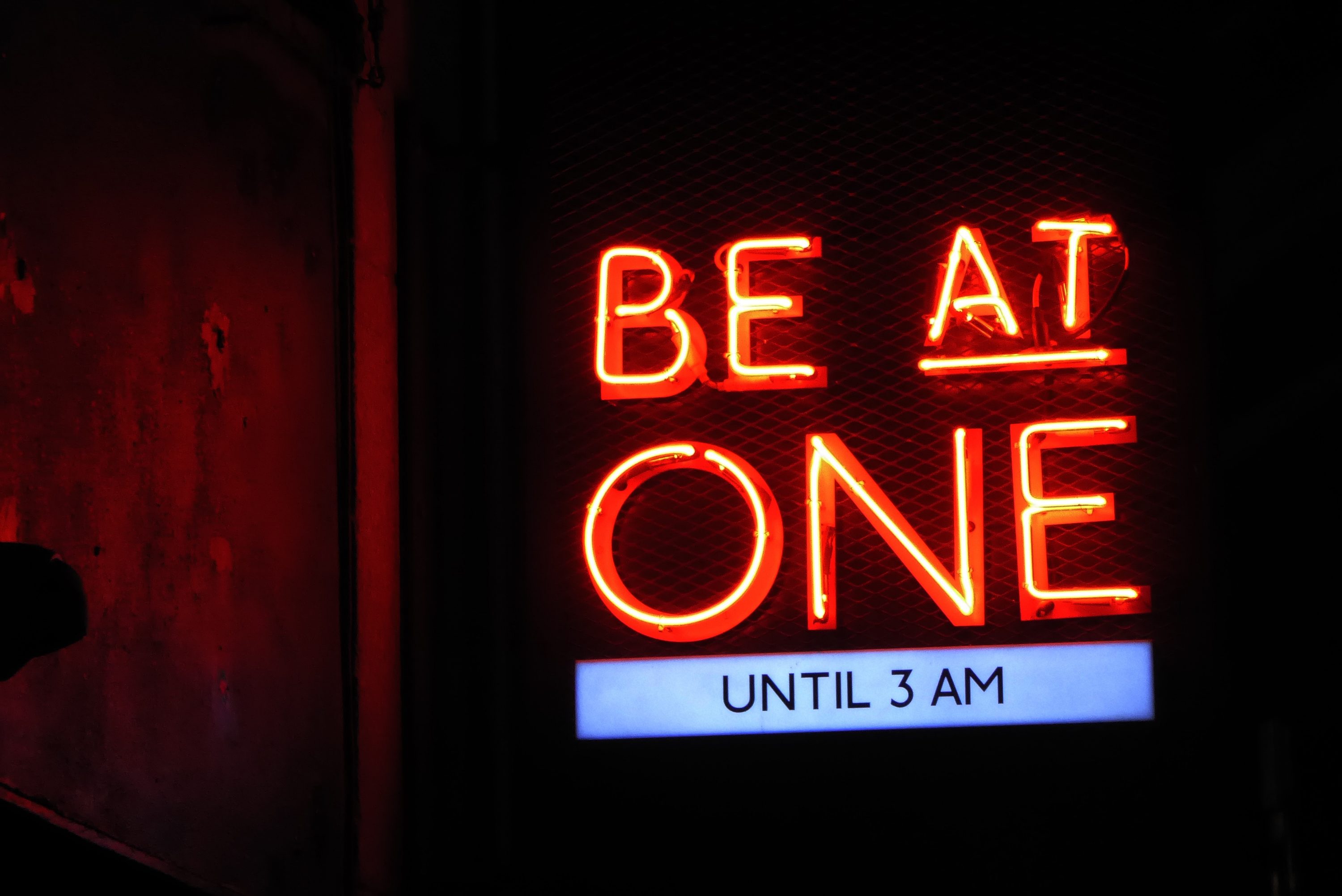
There are no two ways about it, working in Professional Services is demanding. Therefore, time for relaxation post-work should be treated as gold dust to recover for the day/s ahead. There are multiple ways to unwind, from the basic to the absurd, but we have stuck with 5 of the most common approaches below.
Disclaimer: These ratings are based on our opinions and they have not been subject to scientific validation. Each to their own but this is what works for us.
After Work Drink (with a friend/colleague)
Recovery Score: 6/10 (if you get mashed up – 2/10) – Good in moderation.
First of all – it is not the best idea to go for a solo drink after work, it could lead you to dark places that will be hard to escape from (not that I am speaking from personal experience or anything). Now onto the positives, catching up with a colleague for a drink after work can be a rewarding experience. Inevitably, you will talk about work for a bit which may be useful as you will be able to get rid (or expend) a lot of your work-focussed negativity. It is essentially work counselling for those that don’t think they need it. Now in terms of recovery – this is very much dependant on the quantity of alcohol you drink and how often you are out. One or two drinks (or any number within your normal tolerance) a couple of times a week should be fine but any more than that and you could be dealing with mental difficulties that will make work feel like a silent nightmare.
Long Walk
Recovery Score: 8/10 – Very good mental and physical benefits in one shot.
If you live in London, finding a nice spot for walking isn’t the easiest thing but if you are able to locate one then it is definitely one of the best ways to unwind after a long day. We spend a lot of our time sitting down and from what we hear this is unnatural (although it feels really nice), therefore getting the muscles moving after a long day is a must. Walking outdoors also allows the mind to take in some nice scenery which is beneficial after staring at the office walls all day. We think it provides much more recovery potential than staying indoors although it does depend on the weather – rain and snow aren’t the best conditions for a calm walk outside but even then, they will act as a reminder that the struggle is real.
Intense Gym/Sports Work
Recovery Score: 7/10 – Works well if you are in good physical condition, if not tread with caution.
These workouts consist of going to the point of near death whilst you push to your physical limits. First things first, do not exercise like this if you are already feeling fatigued – you will most likely feel even worse and get yourself sick (take it from a guy who has been ill five times in the past six months). Now, what do these workouts help you achieve? They make you fitter and if you do them enough you will become a lot fitter. Do they help you relax? Well, yes – to an extent. Whilst doing these exercises, your body will release stress hormones to deal with the strain which doesn’t sound great but afterwards, it will release endorphins (known as the post-workout high) which will shower you with layers of positivity. This type of work is good in moderation – a couple of times a week should provide good benefits but don’t stress your body out too much with it.
TV
Recovery Score: 5/10 – It’s ok, there are better options out there.
This is a tricky one, the impact of TV on mental wellbeing has been hotly debated for decades. TV as a form of relaxation is an interesting topic as research shows that it puts your brain in a state where you are receiving information but not actively processing it. This may explain the feeling of letting TV take over whilst you go on autopilot, the result is something that will help you relax but may not provide long-term calm. The impact of this may be particularly evident amongst those that use Netflix and other streaming sites which provide high-quality programming that absorbs all of your attention and turns you into an antisocial mega-power for extended periods of time. In short, we feel that TV provides a good distraction but we question if it is ultimately beneficial for our wellbeing.
Reading
Recovery Score: 7/10 – A simple and efficient brain workout.
On average, reading will provide a better rate of recovery than TV because 1) You actually need to think (which is good!) and 2) You don’t absorb the dreaded blue light (which we should really talk about another time). To get the most out of your reading, it is important to choose something that you are interested in otherwise two possible scenarios could happen to you. 1) You start thinking about work 2) You pass out from the boredom (which could be a positive?). Reading good content makes you smarter (to what extent we are not sure) which is never a bad thing and it also helps that you can talk about something of value rather than the latest celeb love triangle.
There it is, 5 ways to unwind after a long day in the office. Any other suggestions? Drop a note in the comments below.
Until next time,
Nathan
Nathan Ranamagar is the founder of flofinder.com – the site for people working within Professional Services. He is an advocate of workplace transparency and The Golden Lovers (Kenny Omega and Kota Ibushi).

COMMENTS